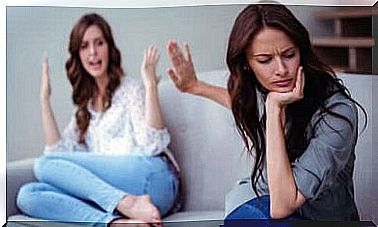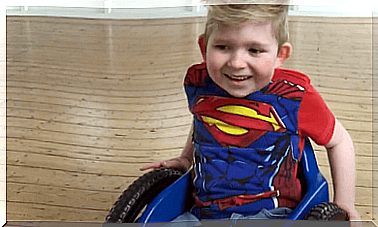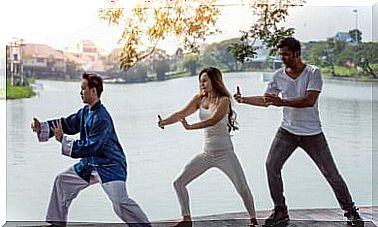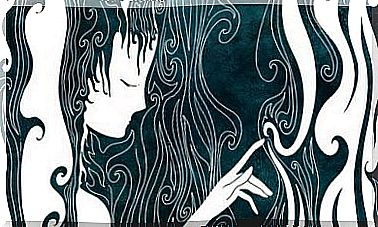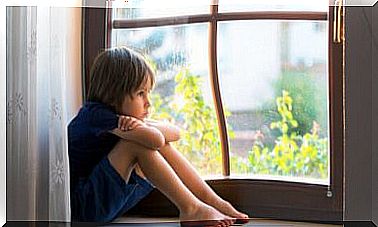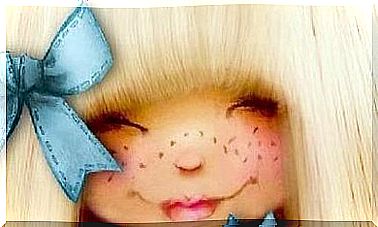I Like Social Networks, Not Fake Virtual Networks
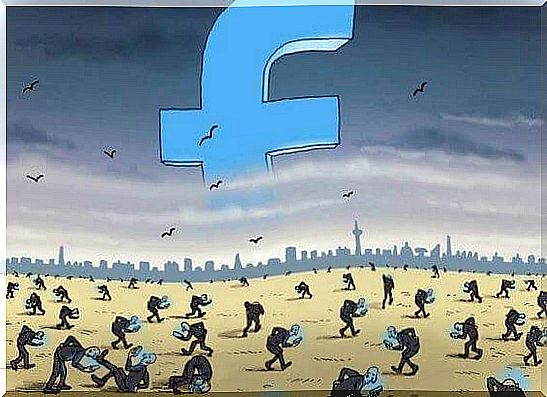
Social networks are nothing more than an alternative communication channel for sharing information and interacting in everyday life. It is a useful, dynamic tool that allows us to receive a lot of information at once and to show aspects of ourselves that would be difficult to show otherwise.
Sometimes social networks saturate us, sometimes they amuse us and other times we would like to disappear without anyone realizing it, and be able to come back to it the same way. We do not always find true information there, even if it is true in any medium of communication or social interaction.
Social media can be fun, useful, and emotionally positive if you know how to use it, just like any other technological tool. However, there is a very strong emotional component to social media: it all has to do with the social acceptance and validation we get from people we don’t care about.
It can turn a social network into a showcase of falsehood, of virtual life that has no connection with the life of the person behind the screen.
From diversion to slavery, via a virtual image
Few of us know the line that separates a pleasing image on social media from a completely false image of ourselves. While the desire to please is logical and understandable, not knowing how to set limits in our activity can generate emotional problems, identity and uneasiness.
Here are some points that can alert us:
- Not establishing a suitable privacy filter for friends, acquaintances and strangers: if we show the same information to everyone, we are exposing too much of ourselves to a medium that has infinite connections between users, with the risks that this entails.
- Sacrifice Our Sincerity for a Fistful of Likes: Many people who post posts and don’t get enough Likes can feel sad, devalued in the face of the rest.
Far from dealing with these emotions, many opt to accept an indeterminate number of strangers, and never remove anyone, even people with whom they have no relationship or those with whom they have conflicts, in the hope that a photo can impress others and put them in the spotlight. Whether it’s for a nice bean dish or a disconnecting walk in the mountains, you have to receive “Likes”, even if it comes from people you hardly know. It generates a small rise in self-esteem.
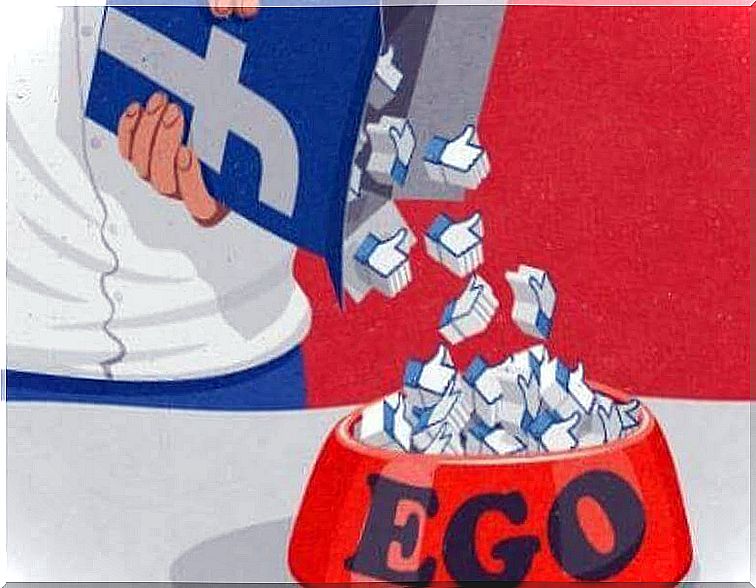
- Show that you have friends at all costs: full of filters, smiley faces, friendship celebration. We have all, at some point, taken these types of photos when in reality we couldn’t stand the person next to us or we were having a bad day.
It is the “light” version of what we call “the posture” which can make us go to meetings or parties without any desire, with the sole aim of appearing as being a socially active person, in the eyes of people. others. Maybe your account is in the red, but even so, you are planning a trip to show that your life is “active”.
- The risk of the explicit: everyone is free to show the sentimental relationships they want, but if we only show others what we would ideally like to experience, this amounts to experiencing scenes from the film “Kramer against Kramer” in the real life.
Lying on a social network, about your friends or family, can cause people to lose faith in you, not take you seriously, or simply view you as someone with low self-esteem and Character.
- Declarations of love and eternal friendship that are not at all visible outside the computer: If two friends love each other, all means are good to show it. But some people may feel saturated with receiving dozens of public declarations of friendship on social media, in front of huge audiences and still not being able to count on that person when they really need them.
- Make an ex jealous, by hanging out with people who we don’t like or don’t interest us: some people feel so desperate that they want to show that they are the first to have “recovered” after a breakup. They then alter their relationships with other people, trying to take a picture of themselves to make the other feel that they have “won”.
- Show that we are bloated when in reality we feel at the bottom of the hole: show that we are enchanted by our work, our travels, our children, our friends and our spouse when it is not true. We can get to such a degree of hypocrisy that we can no longer make important decisions, in order to maintain this masquerade, to avoid the “what will be said”.
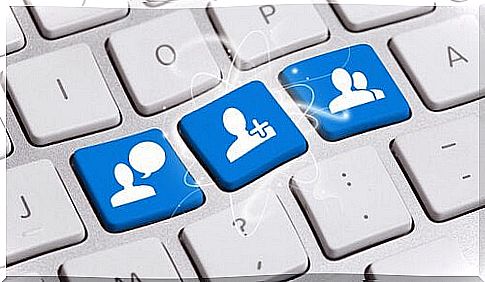
We believe that sporting a perfect life will generate envy in some people, when in reality, for them, your profile is totally insignificant. Maintaining a masquerade, the opposite of anything we would like to do in our life, is really unhealthy.
Emotional implications as consequences of a false virtual life
The less sincere you are in your virtual interactions, the more you will be dependent on them. We can publish, we can comment, we can interact, but from the moment when the behavior on social networks truly reflects who we are, as close as possible.
Maybe you have “200 likes” on every photo, but you’d rather receive nice comments from people you really appreciate and have a relationship with, or who at some point in your life, were important and still are, even though time and distance have interposed.
This is why I like it – and really, without false modesty – that my social network is the most faithful to what I want it to appear there. I like to keep some things to myself and I don’t like to laugh with those that in real life I don’t even greet.
I like social media, but I don’t like virtual falsity, not even live. I’m not interested in being a leader; I prefer to keep my peace and my personality in the face of the tyranny of the “likes” which, one day, made me laugh and which, today, disturb me: they are only numbers, not gestures of affection.
